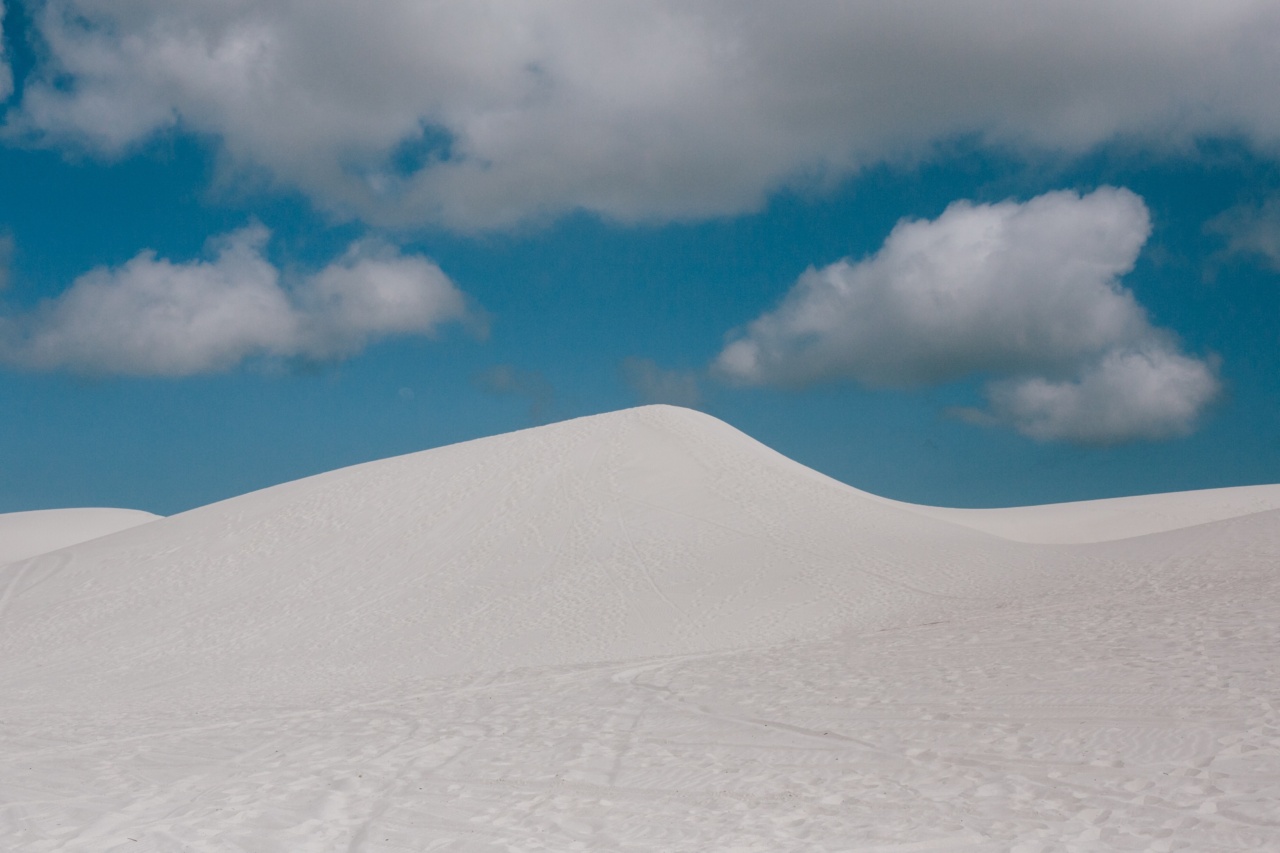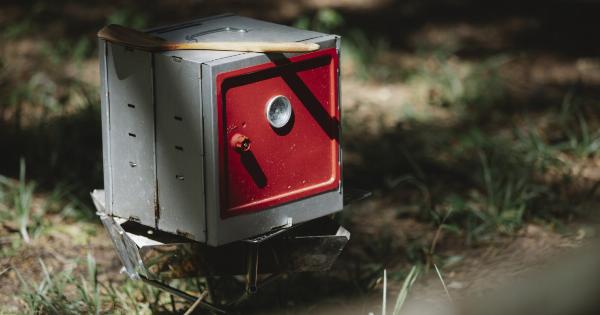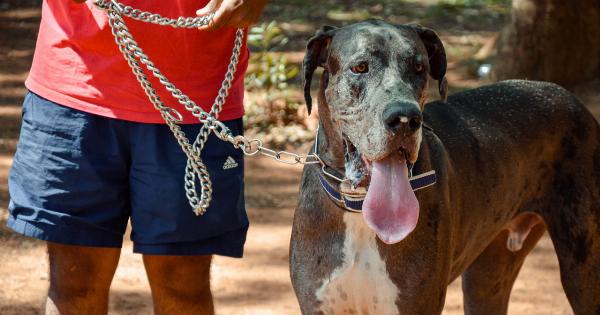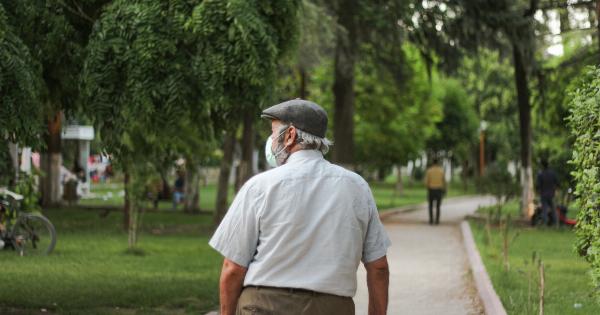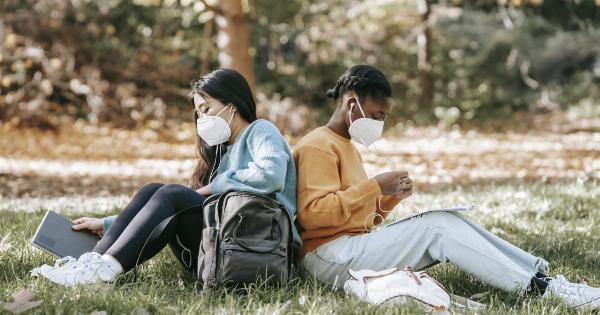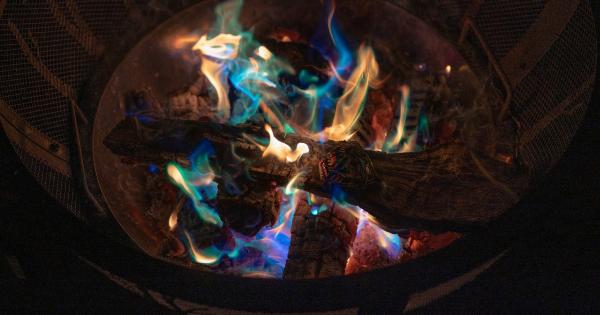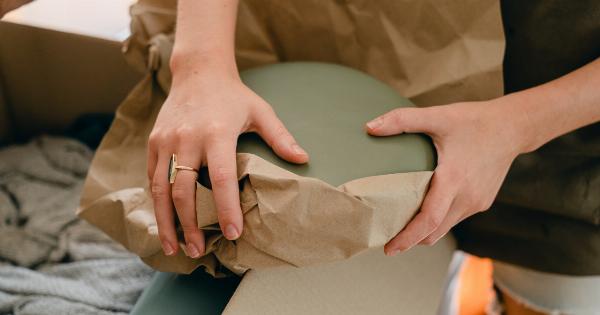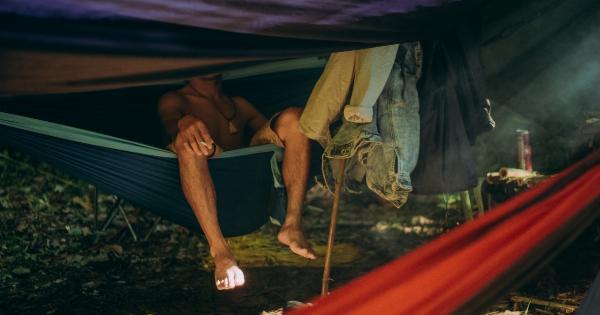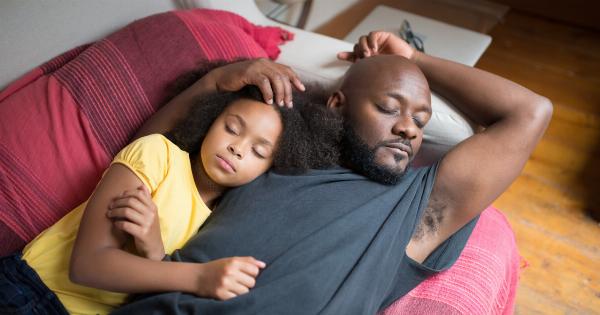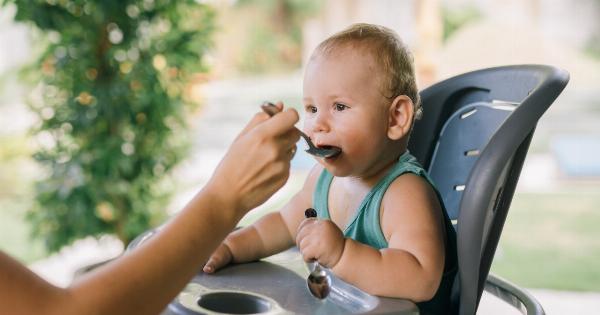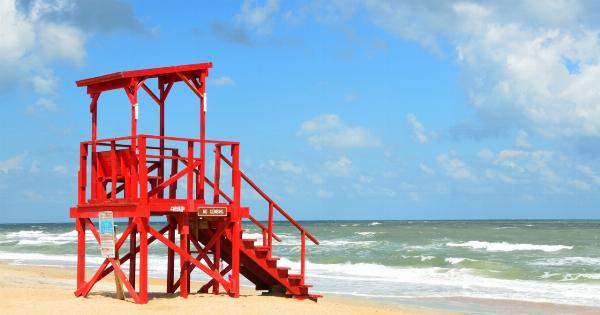Summer is a great time to enjoy the outdoors, but the hot temperatures can be dangerous for infants. Babies are more susceptible to heat-related illnesses because their bodies cannot regulate their temperature like adults can.
It is important to take precautions to keep infants safe and comfortable during hot weather.
1. Keep Them Hydrated
Babies need to stay hydrated in hot weather. Breast milk or formula should be given more frequently than usual to prevent dehydration. If the baby is older than six months and has started eating solid food, they can be given water as well.
Make sure to avoid giving infants any sugary drinks or juice. It’s also important to remember that breast milk or formula should be given at room temperature, not cold or hot.
2. Dress Them Appropriately
It’s important to dress infants in loose-fitting, lightweight clothes made of breathable fabrics like cotton. Avoid dressing them in heavy fabrics or overdressing them.
It’s also important to make sure infants are not exposed to direct sunlight for long periods of time. If they are outside, a wide-brimmed hat can help keep them cool.
3. Avoid Midday Heat
Infants should be kept out of the sun during the hottest parts of the day, usually between 10 a.m. and 4 p.m. If you need to be outside, try to find a shady spot or use an umbrella or canopy to create shade.
It’s also important to pay attention to the temperature and humidity levels. If it’s too hot and humid, it’s best to stay indoors.
4. Use Sunscreen
If infants are going to be exposed to the sun, it’s important to use sunscreen. Look for a sunscreen that is specifically made for infants and has an SPF of at least 30.
Apply the sunscreen at least 15 minutes before going outside and reapply every two hours, or more frequently if the baby is sweating or swimming.
5. Use Air Conditioning
Infants should be kept in a cool, air-conditioned room during hot weather. If you don’t have air conditioning, try to keep the room as cool as possible by using fans and keeping the windows and shades closed during the day.
If you need to go somewhere without air conditioning, make sure to use a fan or keep the car windows down.
6. Be Prepared for Emergencies
You should always be prepared for a heat-related emergency, just in case. Pay attention to the signs of dehydration and heat exhaustion, such as a high body temperature, rapid heartbeat, and lethargy.
If you notice these signs, move the baby to a cooler place, give them fluids, and call a doctor. In extreme cases, such as heatstroke, it’s important to seek medical attention immediately.
7. Be Mindful of Baby Carriers
If you’re carrying your infant in a carrier, it’s important to be mindful of how the heat is affecting both of you.
The carrier can trap heat and make both of you feel hotter, so it’s important to take breaks and cool down if necessary. Additionally, make sure the carrier is made of breathable fabric and fits properly to prevent overheating.
8. Use Cool Compresses
If your infant shows signs of overheating, you can use cool compresses to help bring down their body temperature. Wet a cloth or small towel with cool water and place it on their forehead, neck, armpits, and groin.
You can also give them a cool bath or shower to help cool them down.
9. Keep Their Sleeping Environment Cool
Infants should be kept in a cool environment when they sleep, to prevent overheating. Make sure their crib or bassinet is away from direct sunlight and that they are dressed appropriately.
Ideally, the room temperature should be between 68 and 72 degrees Fahrenheit. You can use a fan or air conditioning to help regulate the temperature.
10. Be Mindful of Signs of Illness
Finally, it’s important to be mindful of signs of illness that may be related to heat exposure. If your infant has a high fever, is lethargic, is not eating or drinking, or seems unresponsive, seek medical attention immediately.
Heat-related illnesses can be dangerous for infants and require prompt medical treatment.
